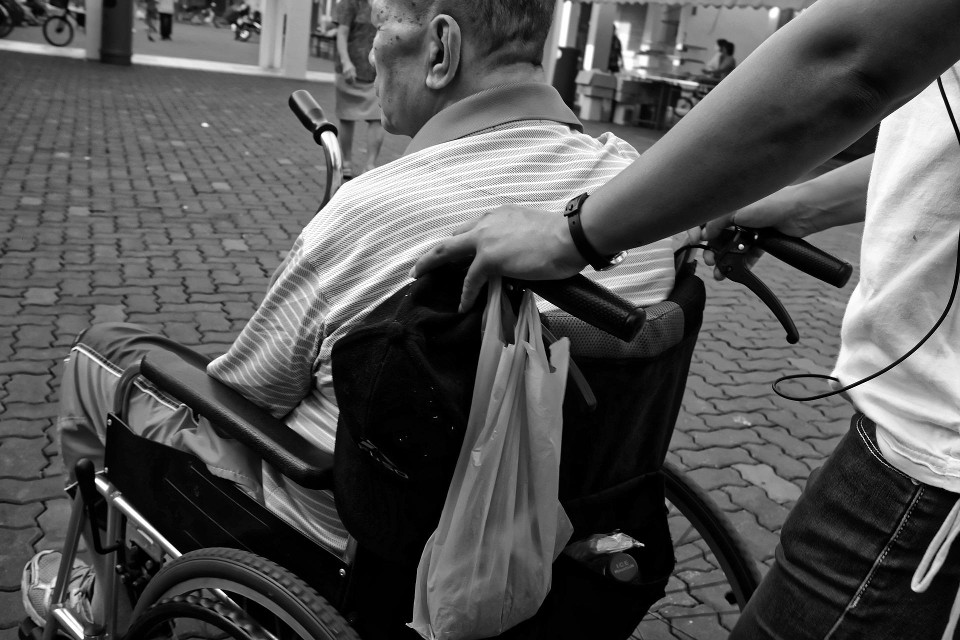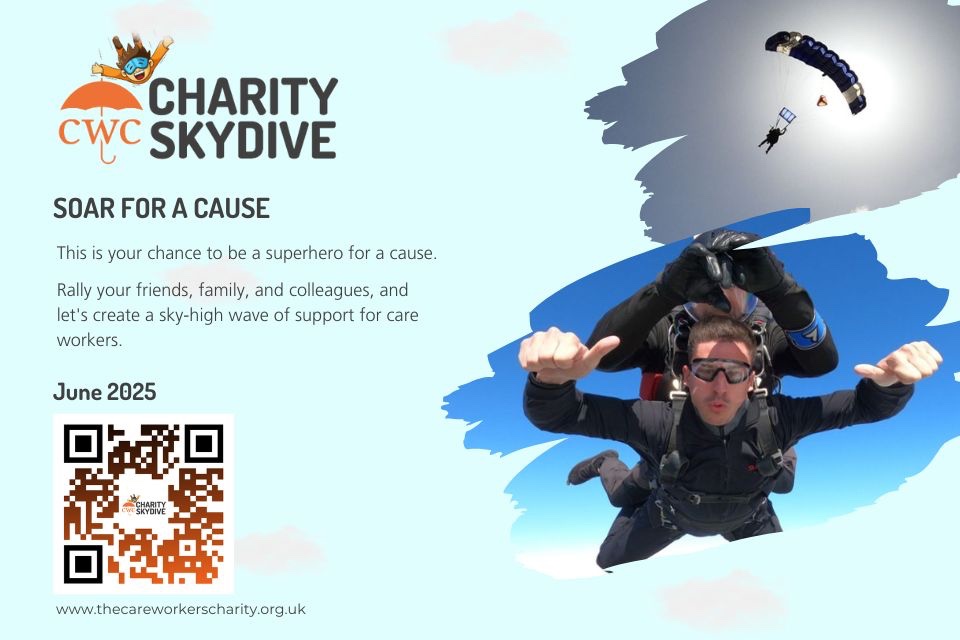Carers can be involved in different situations when it comes to safeguarding. In most cases, they are responsible for raising the concern. However, they are also prone to harm and abuse. Sometimes, the carers can be abusers themselves.
As a care worker, you need to be familiar with safeguarding. Below, refer to the top safeguarding tips for care workers.
1/ Look Out for Signs of Abuse
It’s not always easy for care workers to spot signs of abuse. That’s because some victims make excuses for why they have bruises and are hesitant to talk to people. As a care worker, you should know some of the most common signs of abuse. These include being quiet and withdrawn, looking unkempt, getting angry or aggressive for no reason, and sudden changes in behaviour. When it comes to physical signs, these are wounds, fractures, bruises, and other untreated injuries.
2/ Record It
While it’s important to recognise abuse and immediately act on it, keeping a record of the safeguarding concerns is also essential. Any issues on poor practices must be documented, along with instances of abuse, before it could lead to devastating consequences.
The recording must be impartial. Write down everything you saw and not what you felt. If a concern is raised, consider the pieces of evidence and see if you need to gather more to support the claim. Keep all physical evidence and protect it from getting tampered with.
3/ Remember Carers Can Be Abused as well
If you’re the one abused, you should come forward and inform someone about it. It may not be easy to do, but you should speak out. Abuse is not acceptable regardless of what the abuser is going through. The only way to stop it from happening is to talk to someone who can help you.
Start by talking to someone you trust, such as a close friend or relative. Choose someone you know will understand your situation and act on it decisively. If you’re in immediate danger, call the emergency services.
4/ Don’t Be Afraid to Report Potential Issues
Do not be afraid to report any potential issues, whether you’re the one abused or the person you care for. The local authorities and organisations that support abuse victims will have different reporting requirements, so make sure you know each and report any concerns promptly.
Remember that the reporting requirements will vary from one county to another. While one county may accept a safeguarding referral, another county may not. So, make sure you understand the reporting thresholds of your local authorities.
5/ Regularly Take Safeguarding Courses
As a carer, it’s necessary to be aware of the safeguarding policies and updated on the latest methods and legislations. The best way to educate yourself is by taking safeguarding courses regularly. Nowadays, you do not need to attend actual training because there are now means to do it online. Many training companies provide Online Safeguarding Training Courses, so take advantage of these.






